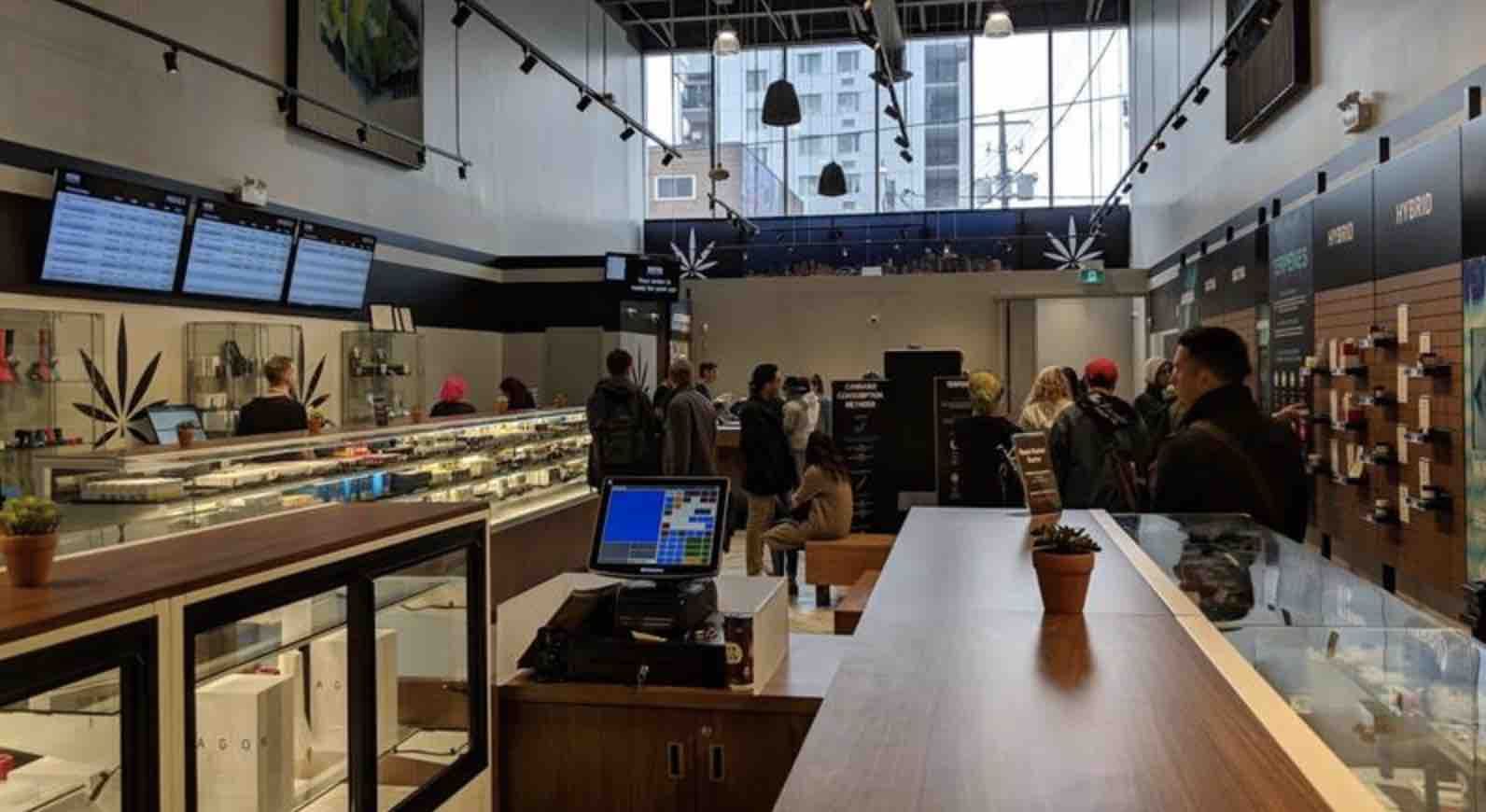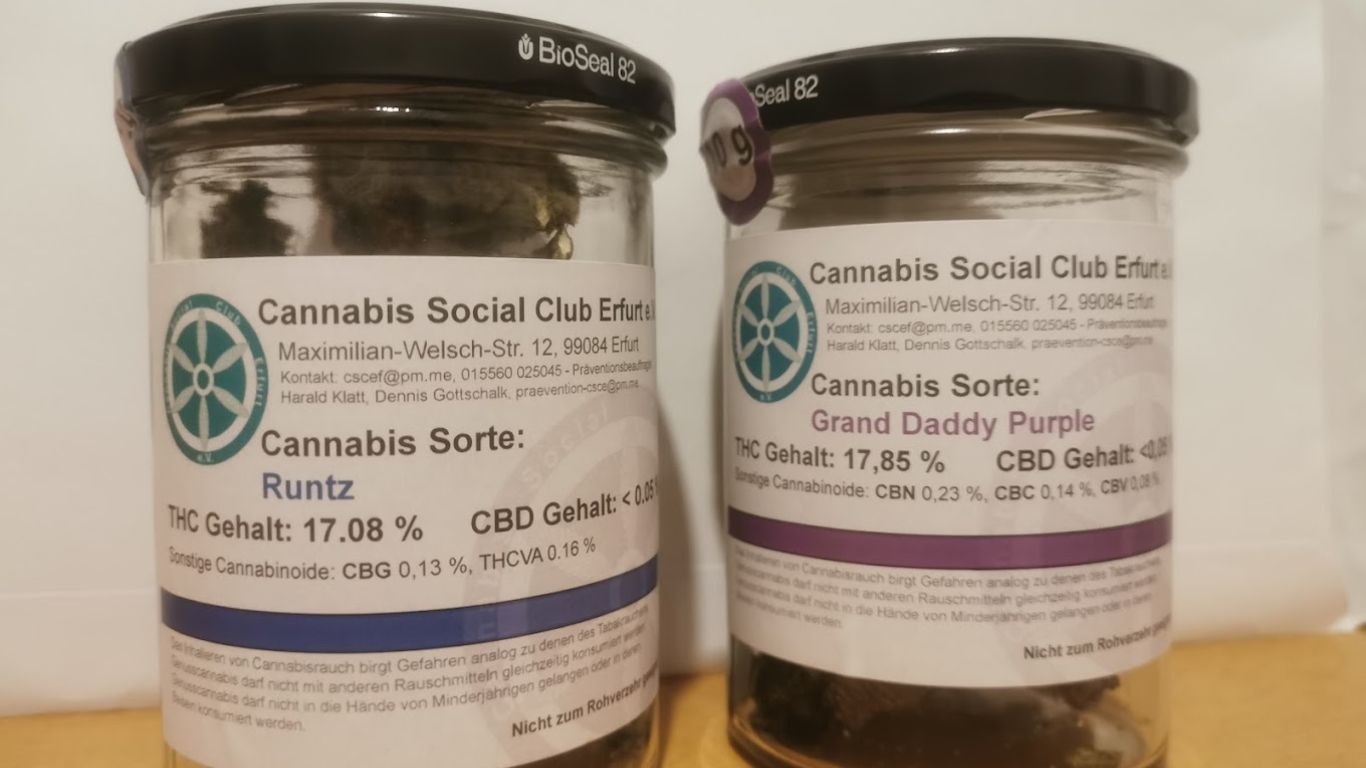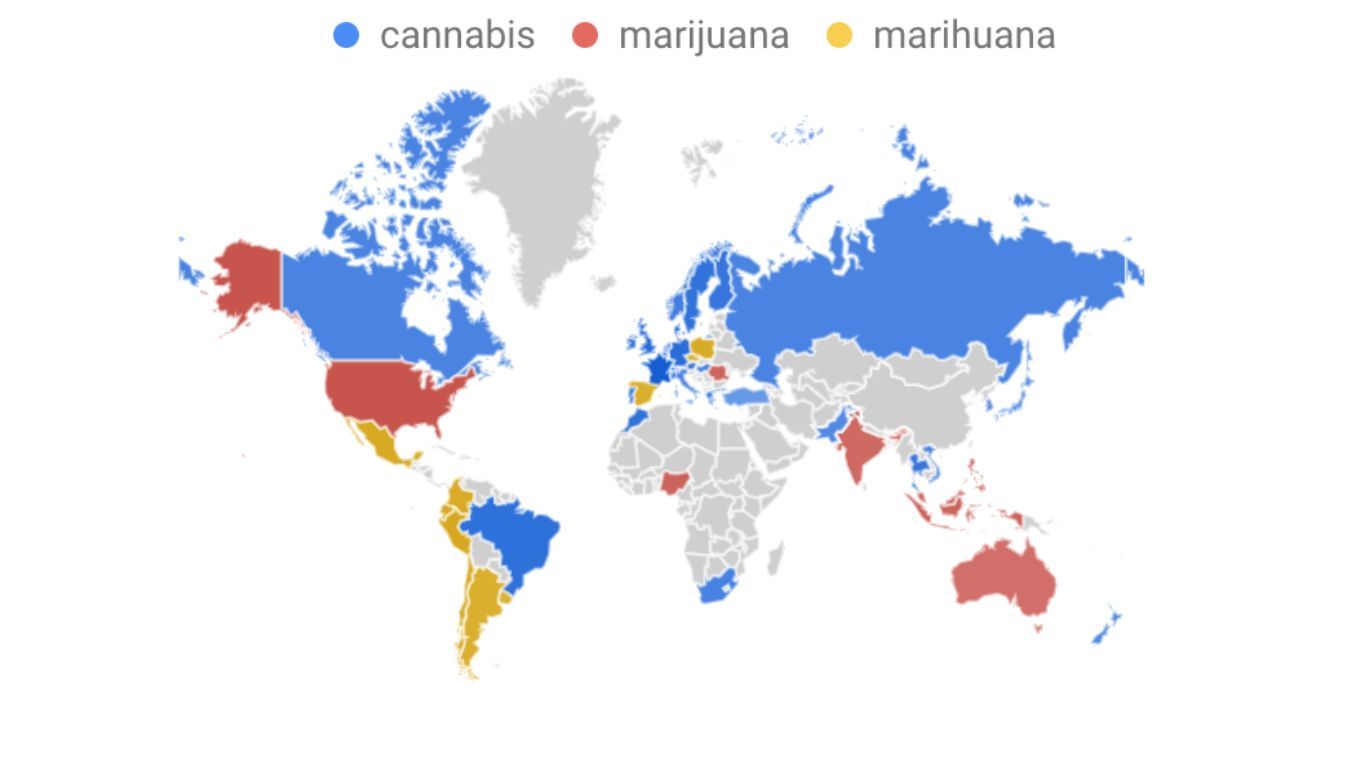
As Canada and The United States cannabis marketplaces take shape, one should consider the plight of both nations’ indigenous peoples.
Both Canada’s Indigenous communities, as well as Native Americans, continue to feel the effects of colonization from the current federal government. While each tribe or band has been able to establish a level of self-governance, it has not come without centuries of pain, ranging from murder to the present-day, ever-present pains on the reservation and in the courtroom.
With much pain comes the hope that cannabis might provide relief in some capacity. However, legal battles and federal laws create problems that persist to this day. Yet, despite the less than ideal circumstances, there is hope among numerous tribes that cannabis could provide some relief.
What is Sovereign Land?
Indigenous people across Canada and the United States have sovereignty, or the right to self-governance unless limited by a treaty or federal lawmakers. “Indian tribes [in the U.S.] maintain their own governmental systems and often their own judicial systems,” explained Reggie Snyder, a partner at Atlanta, Georgia, United States-based law firm Taylor English Duma LLP.
You can’t have what is happening right now… I want us to be part of the economy and that requires legislation.
Manny Jules, Chief Commissioner, First Nations Tax Commission
Snyder, who assists Native American bands with their hemp growing ventures, elaborated on sovereign rights. “Indian tribes have the right to tax persons and businesses conducting business on Indian lands. Snyder added that they “Also have the right to require licenses and to impose other forms of regulations and regulatory fees on persons and businesses operating on their lands.”
Snyder explained that tribes are immune from unconsented lawsuits, much like states and the country itself. Additionally, bands generally handle crime on their land, as its jurisdiction typically transcends the U.S. Supreme Court.
Canada’s First Nations tribes have the right to self-governance and allow bands to manage many aspects of their laws, economic and other needed parameters, including relations with other tribal governments.
“Great responsibilities to protect and preserve the land have been bestowed upon us by the Creator, and are captured in each Nations Laws,” explained a Chiefs of Ontario online factsheet. It added, “Through treaty, our Nations agreed to share the land, therefore, our free, prior and informed consent is required before any development or decisions are made which may impact our inherent and treaty rights to land.”
However, tribal members feel that sovereignty is a misunderstood term outside of the reservation and its communities.
We have seen the federal government intervene with the DEA when tribes attempted to grow cannabis on sovereign land’ in a completely legal state.
Josiah Chissoe, The Monarch Enterprise
Josiah Chissoe, a Native American owner of the digital marketing agency The Monarch Enterprise, shared his feelings with StratCann. “It seems the average American thinks that tribes on reservations can do whatever they want because of the unrestrictive laws and gaming and tobacco sales… without knowing how dependent on federal funding and protection under strict guidelines.”
Chissoe added, “They don’t see the years of lawsuits and constant courtroom battles.”
Indigenous Participation in the Cannabis Markets Proves Trying
Indigenous tribes from both Canada and the U.S. can participate in the cannabis marketplace. However, the rules aren’t always straightforward.
In Canada, First Nations communities can choose if they’d like to participate in the marketplace. A band can opt in or out of the program. However, as far as the federal, provincial and territorial governments are concerned, First Nations communities remain subject to the provincial and federal law. Many Indigienous communities have their own perspective on this issue of jurisdiction and challenge this interpretation.
Over the years, various stakeholders have said that the federal government failed to address First Nations tribes from the market’s regulatory and revenue sharing plans when first creating the marketplace. Efforts have been made by both sides to bridge the gap over the years, however, the relationship remains on precarious ground.
By 2019, First Nations groups were meeting with federal lawmakers to establish a marketplace that put the indigenous peoples on a parallel track with Canada’s market. “You can’t have what is happening right now… I want us to be part of the economy and that requires legislation,” Manny Jules, chief commissioner of the First Nations Tax Commission, told CBC in August 2019.
The U.S. poses even more hurdles, as federal regulations continue to prohibit cannabis while leaving the decision on hemp up to the states. This legal landscape, however, does not apply to Native Americans.
“Tribes can submit hemp cultivation plans to the USDA for approval, as long as the plans include diligence and testing, these plans are likely to be approved,” explained Nathaniel Pennington, founder and CEO of Humboldt Seed Company.
“THC cannabis, however is another story,” said Pennington, whose company partners with the Yurok band for CBD production.
Monarch Enterprises’s Chissoe elaborated on instances where tribal members felt like their cannabis rights were allegedly infringed upon. “We have seen the federal government intervene with the DEA when tribes attempted to grow cannabis on sovereign land’ in a completely legal state.”
Despite the immense scale of work and courtroom dealings that have come with it, bands in both countries are beginning to see progress and inclusion in the cannabis space.
The Possible Benefits
Tribes that support cannabis believe that the plant could bring revenue, jobs and additional medical options to communities in need.
Early signs of success can be found in bands that entered the market.
In 2019, the First Nations Mohawk tribal territory of Tyendinaga was highlighted for having 60 dispensaries across its 12-mile territory, situated just two hours from Toronto. “We’re the most capitalistic people in the world,” said tribal member Robert Tehonikonrathe to The Independent.
However, these shops are unlicensed by the Canadian government, leading many in the nearby cannabis business community to cry foul.
The United States sees progress as well.
“We can see a success beginning to start in certain areas of the country from bands that are willing to take the risk and also have state power backing their decision,” said Chissoe. The Native American entrepreneur noted the Paiute tribe owned and operated dispensary NuWu, which operates roughly a mile from the Las Vegas strip.
Chissoe called the venture “a massive success in the cannabis space with no signs of slowing down.” Other recent additions include plans to build a dispensary and wellness lounge on Shinnecock Nation. The move expects to create roughly 100 jobs for tribal members while delivering medicine and undisclosed revenue to the community.
While hurdles still present themselves, several Native Americans and First Nations tribes see cannabis as a means to ease various pain. As such, Chissoe believes now is the time to take action.
“I would tell any tribes looking to participate in this program to not be afraid of breaking the mold,” said Chissoe. He explained how the current pandemic may be time for bands to pivot their efforts. “The COVID-19 pandemic has hit the gaming and entertainment industry hard, and now is the time to start restructuring how we see gaming resorts on tribal land.”
“Great risk is met with great reward,” added Chissoe.











